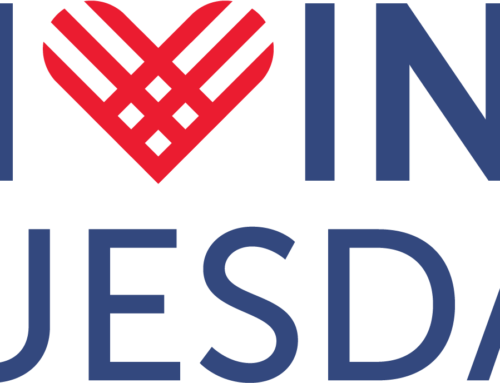Every hour on average, there will be 183 emergency room visits due to fall-related injuries.
One of those will be fatal.
Falls are the cause of more than 95% of hip fractures and of those people, more than 1 in 5 will have died within the year. Of course, everybody knows that for older adults, a fall can be a big deal. Even if it isn’t “the big one” that lands you in a nursing home or worse, it probably at least means weeks of physical therapy, working hard and listening to our bad jokes.
There is a lot that we can do in physical therapy to help you get back on your feet, but the best treatment is just not to fall at all. Here are some things that you can do to prevent falls. I’ve split the list into things that you can do now, and things that you need to continue with to keep your risk low.
Right now:
• Update your glasses prescription
• Make sure footwear is appropriate and in good repair
• Talk to your doctor about medications, dementia, diabetes, depression and blood pressure
• Stop smoking
• Talk to your PT about vertigo/dizziness
• Learn when and how to use a cane or walker
• Remove tripping hazards like clutter, cords and throw-rugs
• Ensure steps and stairs have handrails
Ongoing:
• Wear your glasses
• Stay mentally and socially engaged
• Stay physically active
• Stretch your ankles, knees, and hips
• Strengthen your legs
• When walking, make sure your heel is the first part of your foot to touch the floor
• Sleep in a bed, not a recliner
• Avoid too much sitting
• Ask for help
• Keep your home well-lit
Some items on this checklist are obvious; it’s clear that a cane can help if your balance is off. Some are obvious in hindsight; it makes sense to not have extension cords strewn about the living room, but you might not think about it until after you have already tripped on it.
The same is true with wearing your glasses. We know that glasses don’t do us any good on the nightstand, but still tend to forget to put them on. Some of these items are not obvious at all. For example, talking to your doctor about diabetes. Some of the effects of poorly-controlled diabetes include neuropathy, impaired vision and disposition toward stroke. All of those directly increase your chances of a fall.
Another non-obvious item is sleeping in a bed. Many older adults tend to want to sleep in a recliner for a variety of reasons, but that can lead to tightness in the hips and knees, which makes it harder to walk safely. It can also cause blood pressure issues that can lead to dizziness or even fainting.
These lists can seem daunting — like not falling would be a full-time job. Even if paying special attention to these things might keep you on your toes, it might also keep you on your feet.
Advance Physical Therapy will be at the Hub on Smith, Oct. 7 offering free mobility and pain screenings. For more information on other community resources at The Hub, see thehubsheridan.org.
Brian Allred PT, DPT, CMTPT, TPS, is a physical therapist at Advance Physical Therapy.





